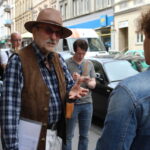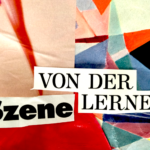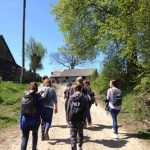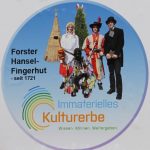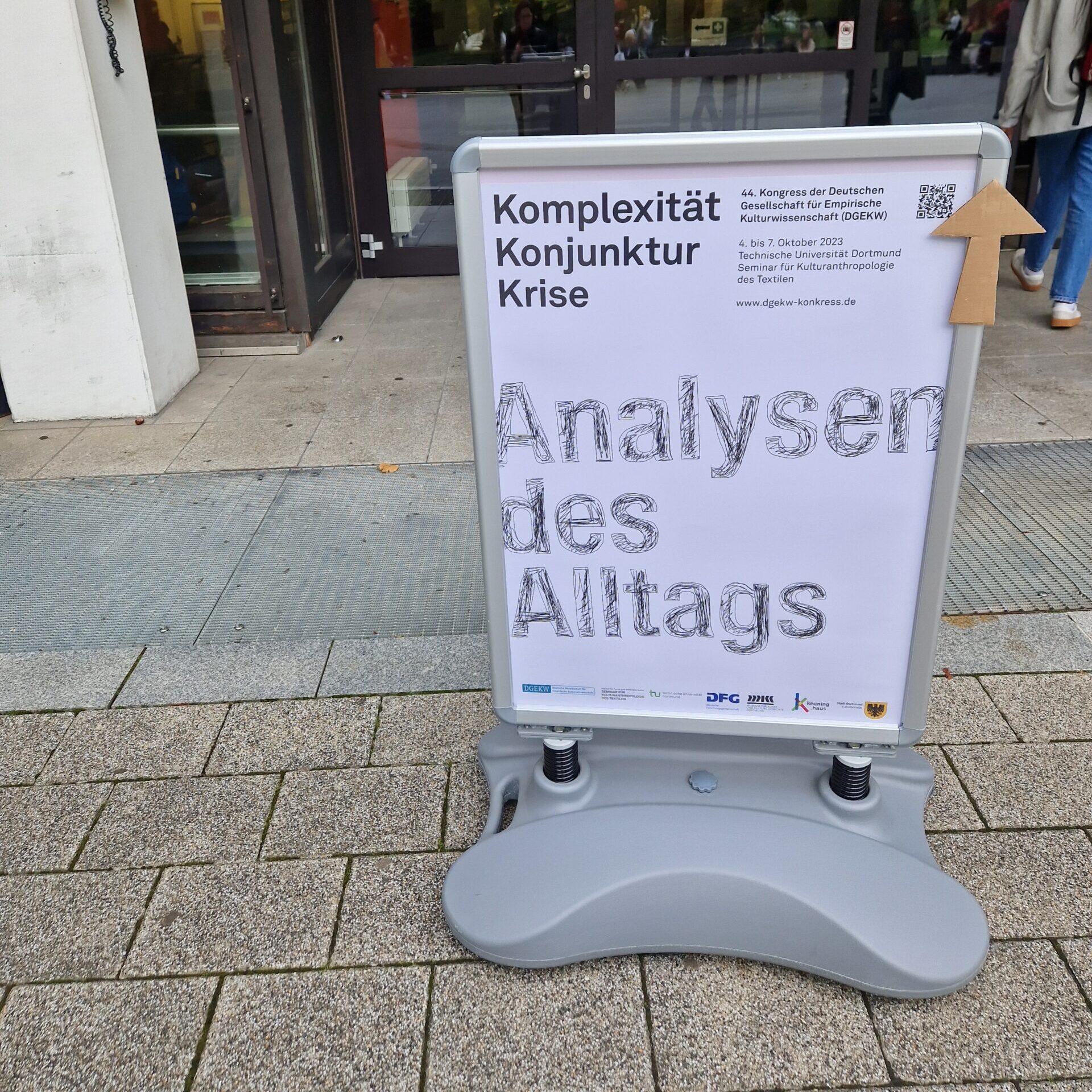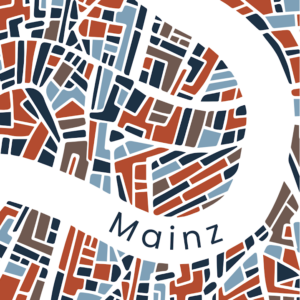
Welcome to our homepage!
Here you can find all the necessary information about Cultural Studies/European Ethnology at the Institute of Film, Theatre, Media and Cultural Studies at the Johannes Gutenberg University Mainz. You can also find us on Instagram and Facebook.
What is Cultural Studies/European Ethnology?
Cultural Studies/European Ethnology (KAEE), also known in German-speaking countries as Volkskunde or Empirical Cultural Studies, studies everyday environments and perceptions of people in European societies in a globally networked world. It uses qualitative empirical methods such as interviews, field research, archival and source work to look at both the present and the past.
Exciting focal points await you here in Mainz: Research and practice-oriented teaching, different subject traditions and a cooperation with the subjects of Film, Theatre and Media Studies (FTMK) that is unique in Germany. We place great emphasis on internationalisation and have a nationwide unparalleled focus on Southeast and Eastern Europe. You can look forward to local and regional teaching research projects. We are also passionate about better working conditions in academia.
Our focus in Mainz:
- Research-led teaching. Our instructors are active in research (peer-reviewed publications, research grants, conferences, etc.). Research-led teaching gives students insight into the latest and most exciting debates at KAEE.
- Plural subject traditions. Through the composition of the timetable and the presence of instructors from different subject backgrounds, students have the opportunity to familiarise themselves with the various traditions within and outside the field (known variously in Germany as empirical cultural studies, folklore, cultural studies, etc.). This enables them to follow intellectual debates that go beyond internal subject boundaries.
- Interdisciplinarity through the nationwide unique interlocking with the subjects of Film, Theatre and Media Studies (FTMK) (see below).
- Internationalisation. Students learn to orient themselves at different levels in order to open up career opportunities in Rhineland-Palatinate, throughout Germany and within the European Union.
- Because Europe is not only Western Europe, our regional focus on Southeast and Eastern Europe – unique in Germany – in the KAEE landscapes offers students special professional insights into this exciting European region.
- Teaching research projects at the local and regional level, actively involving local communities. We place particular emphasis on promoting social justice and building sustainable relationships.
- Commitment to better working conditions in academia.
FTMK – unique combination of subjects nationwide
FTMK combines the subjects Film Studies/Media Dramaturgy, Theatre Studies, Media Cultural Studies and Cultural Studies/European Ethnology as well as the research area Everyday Media and Digital Cultures in a joint institute.
The interdisciplinary fusion of disciplines recognises that a comprehensive academic education in modern art, cultural and media studies cannot succeed without research and teaching at the edges of one’s own subject. Currently, approximately 1,500 students are enrolled in three undergraduate BA programmes and five advanced Master’s programmes. These programmes complement the subject-specific education with interdisciplinary content from neighbouring disciplines. The integrated study area Culture–Theatre–Film functions as a platform for transdisciplinary learning and provides important impulses for research cooperation between the different subject areas of the institute.
Potential occupational fields
- Press, radio and television
- Museums and exhibitions
- Cultural management and cultural mediation
- Libraries and archives
- Marketing and advertising
- Leisure and tourism industry
- Universities and research institutes (research and teaching)
- Possibility of following up with a Master’s programme or doctorate at JGU Mainz
A selection of our projects



